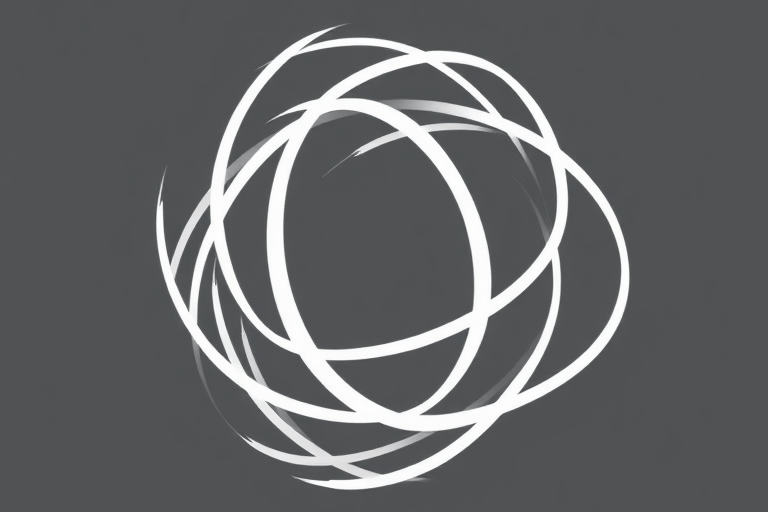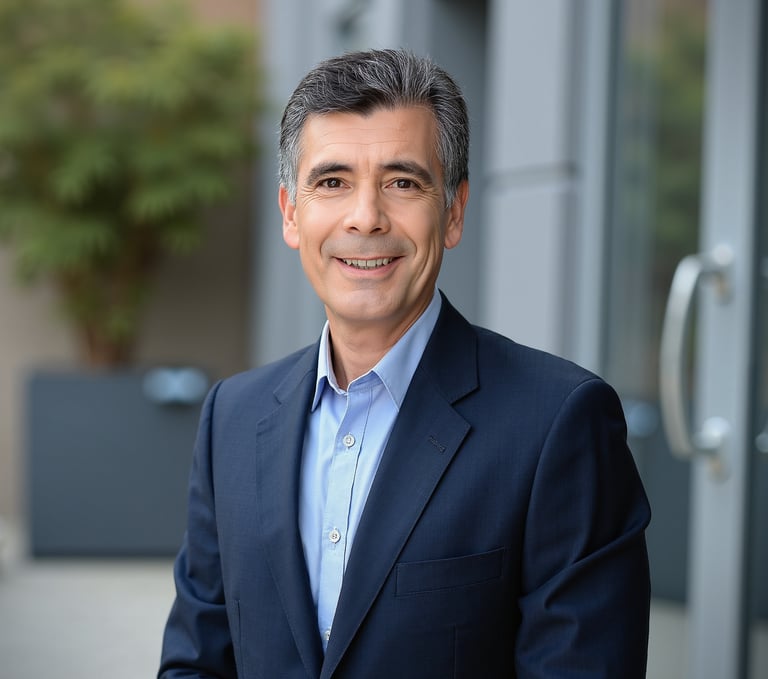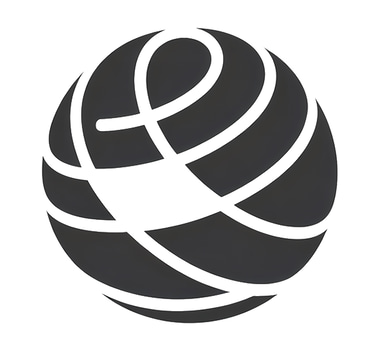
Design the Future
How to Approach a Transformation Contextn
A methodology to explore, understand, and act in transformation contexts.
An integrative approach that articulates complexity, behavior, and change processes.
A theoretical framework supported by neuroscience, systemic psychology, and narrative dynamics.
A conversational structure aimed at activating strategic thinking and operational clarity.
A confidential, non-therapeutic format, designed for individuals interested in exploring new horizons.
Approaching the Unknown
Our paradigm for addressing complexity was formed by integrating constructivist postulates that allow people to take a more dynamic position toward change. Cognitive neuroscience enables us to address the dynamics of emotions and ideas, as well as the construction of subjective maps and narratives. Systemic psychology allows an approach to interconnections between our experiences, the dynamics of behaviors, and responses in human systems. The integration of quantum physics postulates enables us to apply principles of indeterminacy and possibility dynamics to transform the relationship with the unknown and become architects of new connections. Chaos theory contributes to the dynamics of bifurcations, the emergence of new situations, and the effects of instability. This conceptual framework is articulated from a complexity paradigm that allows the analysis of behavior patterns and breadth of responses to unprecedented situations.


Our tools are designed to address instability, the dynamics of the unpredictable, and anticipate faster and more effective responses. We create non-linear design boards, change analysis and approach, development of qualitative impact indicators, and strategic planning with three tactical dimensions of integration.
Executive Dimension
The context doesn't have alternatives; it has possibilities. Alternatives are designed. This dimension starts from the dynamics of complex systems, emerging possibilities, and the design of complex scenarios. It allows you to prepare for generating changes in projects according to multiple future possibilities and adapt decisions to new demands.
Systemic Dimension
Limitations come from context; limits come from the mind. We face what we mentally define and emotionally sustain. This dimension addresses how reality shapes the mind and defines your mental landscape of scenarios. From the subjective perspective, it works on limiting thought patterns, narrative knots, and compulsive emotions that define life circumstances.
Personal Dimension
Change Model
The Architecture for Approaching the Unknown
We are currently training our tools with artificial intelligence agents to optimize variable iteration, identify hidden patterns, extrapolate non-linear dynamics, and project emerging interactions.
Interventions are organized in three complementary dimensions, integrating the subjective, systemic, and strategic.
Marcelo Manucci
As a personal advisor and group process manager, I work to inspire something new in people's lives. My passion is change and supporting people to advance into the unknown. My research has always been dedicated to the human aspects of change in cognitive, emotional, and productive dimensions. More than twenty years ago, I began my work in strategy, modeling uncertainty from the founding paradigms of physics. In this conceptual development, I articulated postulates from complexity sciences. Based on these principles, I have designed methodologies and tools for project management in unstable contexts. The dynamics of a new historical moment deepened my understanding of change processes. Lately, my research has focused on the dynamics of emotions as a platform for adaptation to the demands of unprecedented new contexts. This journey has unfolded in over a dozen tools and models, project management software, two evaluation tests, and a change process management board. As an international consultant, I have developed strategic processes for products, services, corporate relationships, and cultural transformations in different types of companies, civil organizations, and government sectors. In addition to my work as a consultant, I am a professor at various universities in America, Spain, and Germany in postgraduate modules on strategy, leadership, and change processes.


Education
IU International University of Applied Sciences (Alemania)
Pontificia Universidad Javeriana (Colombia)
Universidad del Salvador (Argentina)
Universidad San Antonio de Murcia (España)
Universidad del Rosario (Colombia)
Pontificia Universidad Católica Argentina (Argentina)
Universidad Nacional de La Plata (Argentina)
Universidad de las Américas (Ecuador)
Universidade de São Paulo · ECA (Brasil)
CIESPAL (Ecuador)
Universidad del Norte (Colombia)
Universidad Peruana de Ciencias aplicadas (Perú)
Central Missouri State University (EEUU)
Universidad Tecnológica Centroamericana (Honduras)
Universidad Nacional de Entre Ríos (Argentina)
Universidad Católica de Santa Fe (Argentina)
Academic Background
PhD in Communication Sciences (Argentina)
Higher Education Teaching Certificate (Derek Bok Center for Teaching and Learning, USA)
Psychologist (Argentina)
Cognitive Neurosciences (Argentina)
Certificate in Human Rights & Diversity ( Switzerland)
UX Designer Certification – Google
